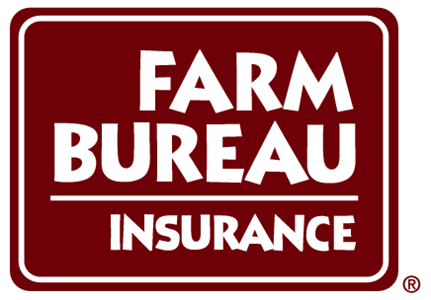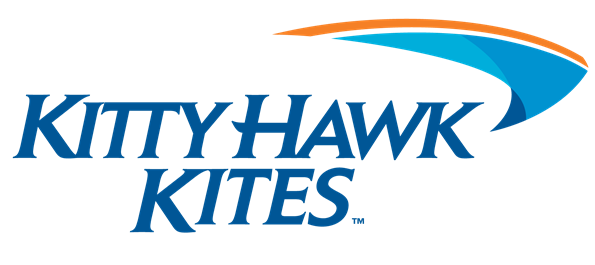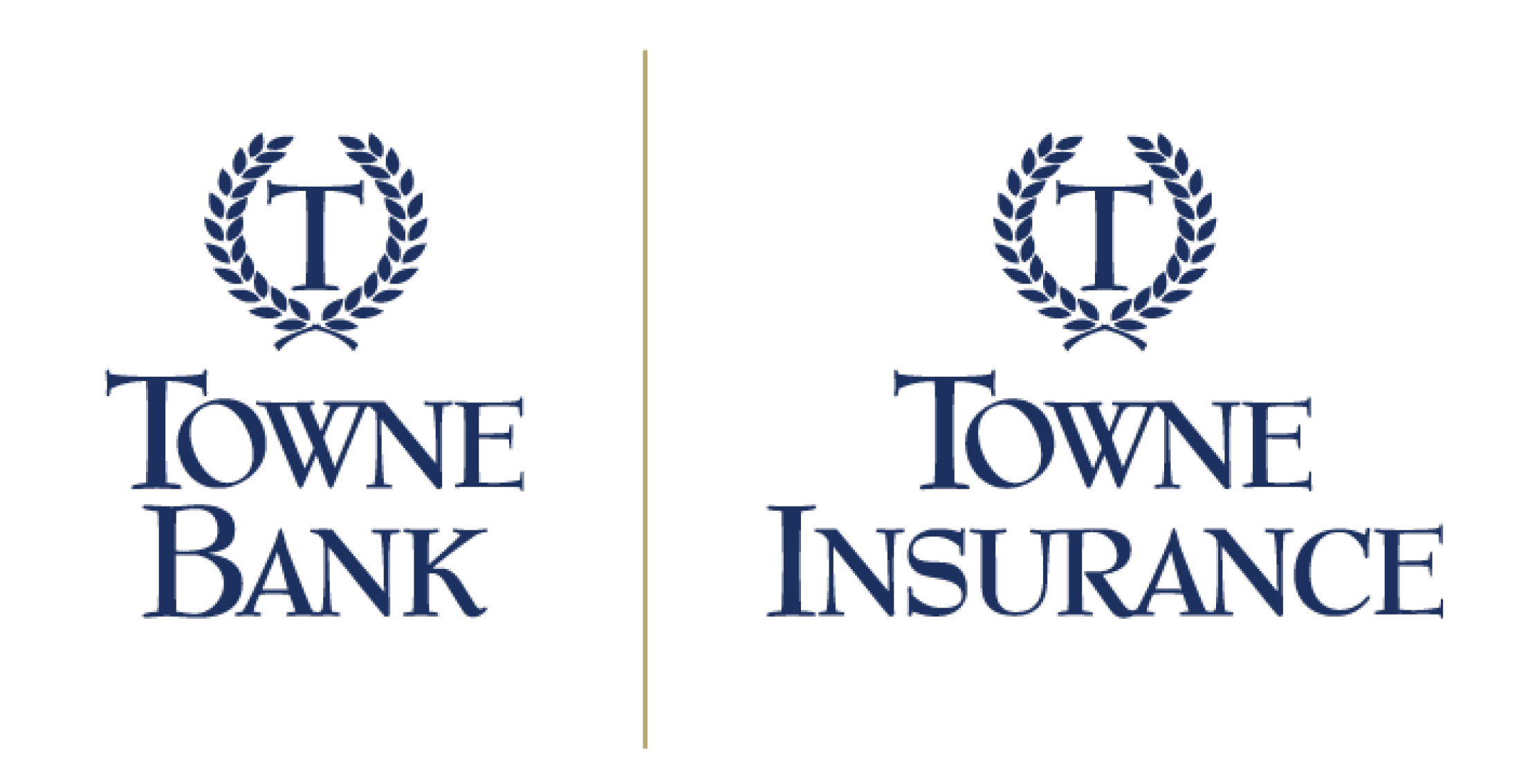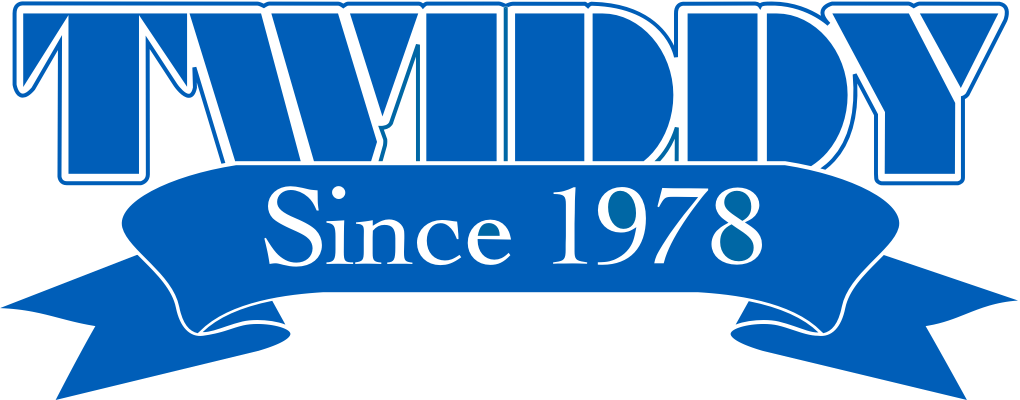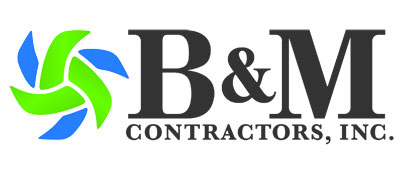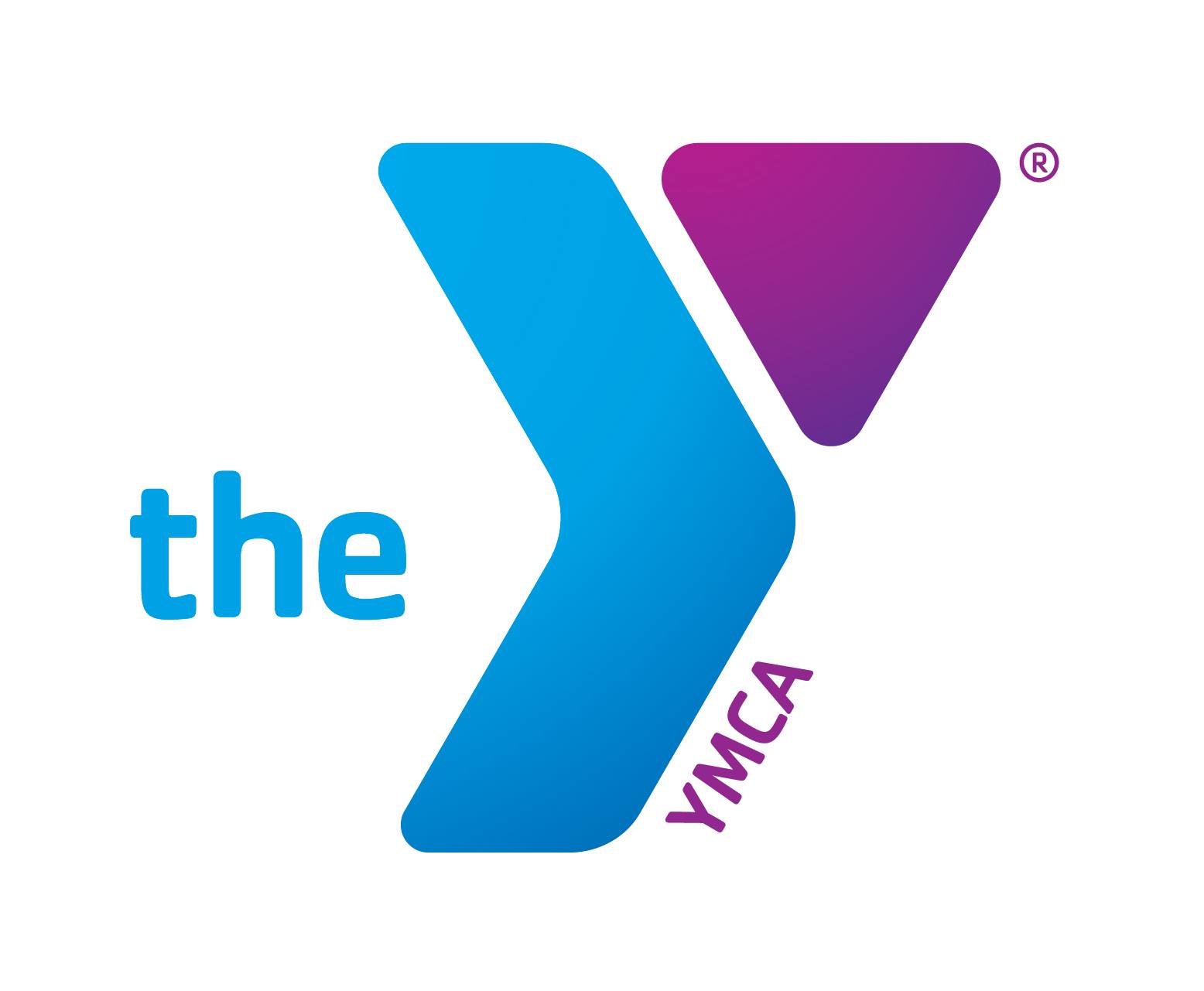Issue Number: IR-2021-24
Inside This Issue
IRS offers guidance to taxpayers on identity theft involving unemployment benefits
The Internal Revenue Service today urged taxpayers who receive Forms 1099-G for unemployment benefits they did not actually get because of identity theft to contact their appropriate state agency for a corrected form.
States issue Forms 1099-G to the taxpayer and to the IRS to report what taxable income, such as refunds or unemployment benefits, were issued by state agencies.
During 2020, millions of taxpayers were impacted by the COVID-19 pandemic through job loss or reduced work hours. Some taxpayers who faced unemployment or reduced work hours applied for and received unemployment compensation from their state. Under federal law, unemployment benefits are taxable income.
However, scammers also took advantage of the pandemic by filing fraudulent claims for unemployment compensation using stolen personal information of individuals who had not filed claims. Payments made as a result of these fraudulent claims went to the identity thieves, and the individuals whose names and personal information were taken did not receive any of the payments.
Taxpayers who receive an incorrect Form 1099-G for unemployment benefits they did not receive should contact the issuing state agency to request a revised Form 1099-G showing they did not receive these benefits. Taxpayers who are unable to obtain a timely, corrected form from states should still file an accurate tax return, reporting only the income they received. A corrected Form 1099-G showing zero unemployment benefits in cases of identity theft will help taxpayers avoid being hit with an unexpected federal tax bill for unreported income.
The IRS previously issued guidance requested by states on identity theft guidance regarding unemployment compensation reporting. No Forms 1099-G should be issued to those individuals the states have identified as ID theft victims.
Know the signs of identity theft
Taxpayers do not need to file a Form 14039, Identity Theft Affidavit, with the IRS regarding an incorrect Form 1099-G. The identity theft affidavit should be filed only if the taxpayer’s e-filed return is rejected because a return using the same Social Security number already has been filed.
See Identity Theft Central for more information about the signs of identity theft and general steps that should be taken.
Additionally, if taxpayers are concerned that their personal information has been stolen and they want to protect their identity when filing their federal tax return, they can request an Identity Protection Pin (IP PIN) from the IRS.
An Identity Protection PIN is a six-digit number that prevents someone else from filing a tax return using a taxpayer’s Social Security number. The IP PIN is known only to the taxpayer and the IRS, and this step helps the IRS verify the taxpayer’s identity when they file their electronic or paper tax return.
Reminder for those receiving unemployment benefits: Report your benefits when you file your tax return.
The IRS reminds taxpayers that unemployment benefits are taxable, and they should watch their mail for a Form 1099-G. In some states, taxpayers may be able to receive the Form 1099-G by visiting their state’s unemployment website where they signed up for account benefits to obtain their account information.
Starting in January 2021, unemployment benefit recipients should receive a Form 1099-G, Certain Government Payments from the agency paying the benefits. The form will show the amount of unemployment compensation they received during 2020 in Box 1, and any federal income tax withheld in Box 4. Taxpayers report this information, along with their W-2 income, on their 2020 federal tax return. For more information on unemployment, see Unemployment Benefits in Publication 525.
Issue Number: IR-2021-23
Inside This Issue
Important reminders before filing 2020 tax returns
Following an unpredictable year with many changes and challenges, the Internal Revenue Service today shared important reminders for taxpayers who are about to file their 2020 federal tax returns.
Choose direct deposit
The safest, most accurate and fastest way to get a refund is to electronically file and choose direct deposit. Direct deposit means any tax refund is electronically deposited for free into a taxpayer’s financial account.
Eight out of 10 taxpayers get their refunds by using direct deposit. It is simple, safe and secure. This is the same electronic transfer system used to deposit nearly 98% of all Social Security and Veterans Affairs benefits into millions of accounts.
Earned Income Tax Credit
The Earned Income Tax Credit (EITC) can give qualifying workers with low-to-moderate income a substantial financial boost. EITC not only reduces the amount of tax someone owes but may give them a refund even if they don't owe any taxes or aren’t required to file a return.
People must meet certain requirements and file a federal tax return in order to receive this credit. The EITC assistant on IRS.gov can help people determine if they qualify.
The IRS reminds taxpayers that they may elect to use their 2019 earned income to figure the EITC if their 2019 earned income is more than their 2020 earned income. For details, see Publication 596, Earned Income Credit. Taxpayers also have the option of using their 2019 income to figure the Additional Child Tax Credit for 2020.
Taxable unemployment compensation
Millions of Americans received unemployment compensation in 2020, many of them for the first time. This compensation is taxable and must be included as gross income on their tax return.
Taxpayers can elect to have federal taxes withheld from their unemployment benefits or make estimated tax payments, but many do not take these options. In that case, taxes on those benefits will be paid when the 2020 tax return is filed. Taxes can be paid throughout the year. For safe and secure ways to pay taxes electronically go to IRS.gov/payments.
Taxpayers can find more details on taxable unemployment compensation in Tax Topic 418, Unemployment Compensation, or in Publication 525, Taxable and Nontaxable Income, on IRS.gov.
Interest is taxable income
Many individual taxpayers who received a refund on their 2019 tax returns also received interest from the IRS. The interest payments were largely the result of the postponed filing deadline of July 15 due to the COVID-19 pandemic.
The 2019 refund interest payments are taxable, and taxpayers must report the interest on their 2020 federal income tax return.
The IRS will send a Form 1099-INT to anyone who receives interest totaling at least $10. The average refund interest amount is $18, but the amount for each taxpayer varies based on the tax refund that the taxpayer received. Form 1099-INT will be issued no later than Feb. 1, 2021.
Home office deduction
The home office deduction is available to qualifying self-employed taxpayers, independent contractors and those working in the gig economy.
However, the Tax Cuts and Jobs Act suspended the business-use-of-home deduction from 2018 through 2025 for employees. Employees who receive a paycheck or a W-2 exclusively from an employer are not eligible for the deduction, even if they are currently working from home. IRS Publication 587, Business Use of Your Home, provides more on the home office deduction.
Workers moving into the gig economy
Many people found different employment in 2020, including jobs in the gig economy. Taxpayers must report income earned in the gig economy on their tax return. However, gig-economy workers generally do not have taxes withheld from their pay as salaried workers normally do. The IRS encourages people earning income in the gig economy to consider making quarterly estimated tax payments to stay current with their federal tax obligations.
Charitable donation deduction for people who don’t itemize
Individuals who take the standard deduction generally cannot claim a deduction for their charitable contributions. However, the CARES Act permits these individuals to claim a limited deduction on their 2020 federal income tax returns for cash contributions made to certain qualifying charitable organizations and still claim the standard deduction. Nearly nine in 10 taxpayers now take the standard deduction and could potentially qualify.
Before making a donation, the IRS reminds people they can check the special Tax Exempt Organization Search (TEOS) tool on IRS.gov to make sure the organization is eligible for tax-deductible donations.
Under this change, individuals can claim a deduction of up to $300 for cash contributions made to qualifying charities during 2020. This deduction does not apply to donated property. The maximum deduction is $150 for married individuals filing separate returns. More information is available in Publication 526, Charitable Contributions, on IRS.gov.
Disasters such as wildfires, flooding or hurricanes
Special tax law provisions may help taxpayers and businesses recover financially from the impact of a disaster, especially when the federal government declares their location to be a major disaster area. Some 2020 tax deadlines in certain counties have been extended into 2021 due to recent wildfires, hurricanes or flooding.
Michael Bonin
Office Manager
H&R Block - Moyock Office
588 Caratoke Highway
Moyock, NC 27958
252-435-1040 Office
252-435-6427 Fax
252-339-6960 Cell






